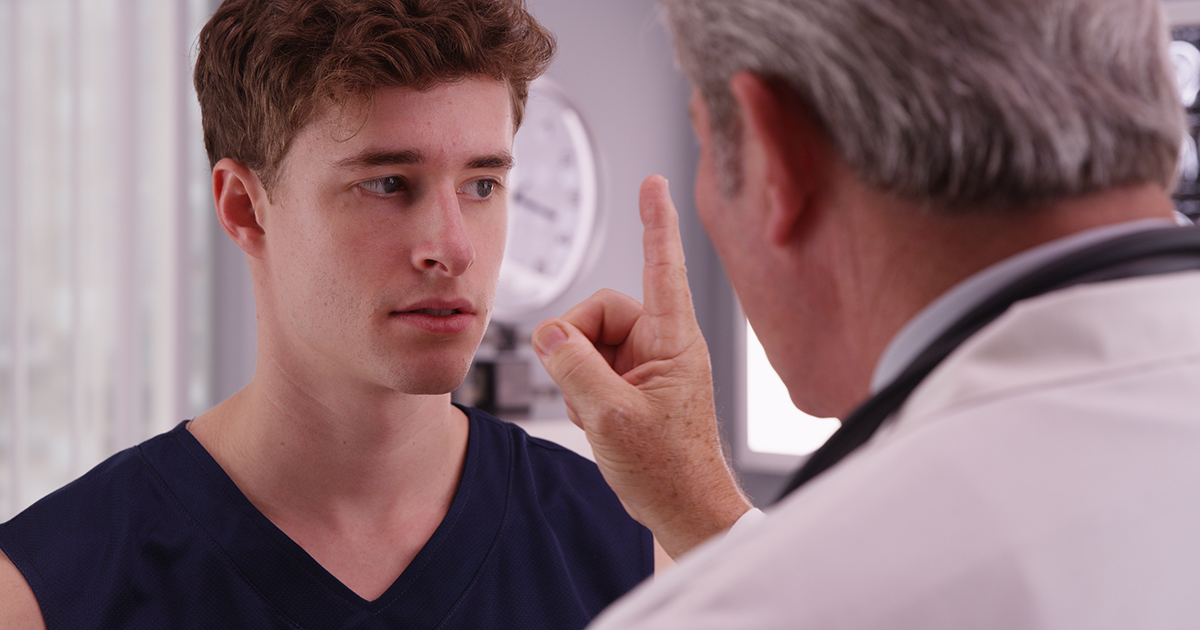Causes Of Auditory Processing Disorder
Head Injury
Head injuries are quite common, and even the most minor of injuries can cause problems with memory, learning, attention, sensation, and perception. Head injuries can be obtained in many ways, from falling off a bike to playing sports. These injuries can easily cause damage to the brain, where auditory processing occurs. Head injuries have been found to be more likely to damage the processing parts of the auditory system, which leads to auditory processing disorder. Interestingly, patients who have injured the head often do not receive an audiological evaluation to determine if damage has been done to the auditory system. This is a problem because patients benefit more from early intervention, especially since auditory processing disorder can lead to other cognitive and emotional problems.
Unveil another cause of auditory processing disorder by reading more now.
Genetics

Newer studies have implied genetics may play a role in auditory processing disorder. Studies have suggested an individual's genes largely influence their ability to perceive two separate sounds at one time. While an exact genetic mechanism has yet to be determined, there are a few potential explanations.
One explanation would be having a certain gene, or set of genes, makes it impossible for an individual to listen to two things at once, and that this ultimately leads to the development of auditory processing disorder. The more likely explanation is an individual's genetics influence their risk of developing auditory processing disorder. This would mean the genes associated with the disorder do not guarantee a person has the disorder, but they have the potential to develop the disorder. For example, an individual with a theoretical auditory processing disorder gene will be much more likely to develop the disorder if they experience something like a stroke that damages the auditory cortices.
Continue reading for more on the causes of auditory processing disorder now.
